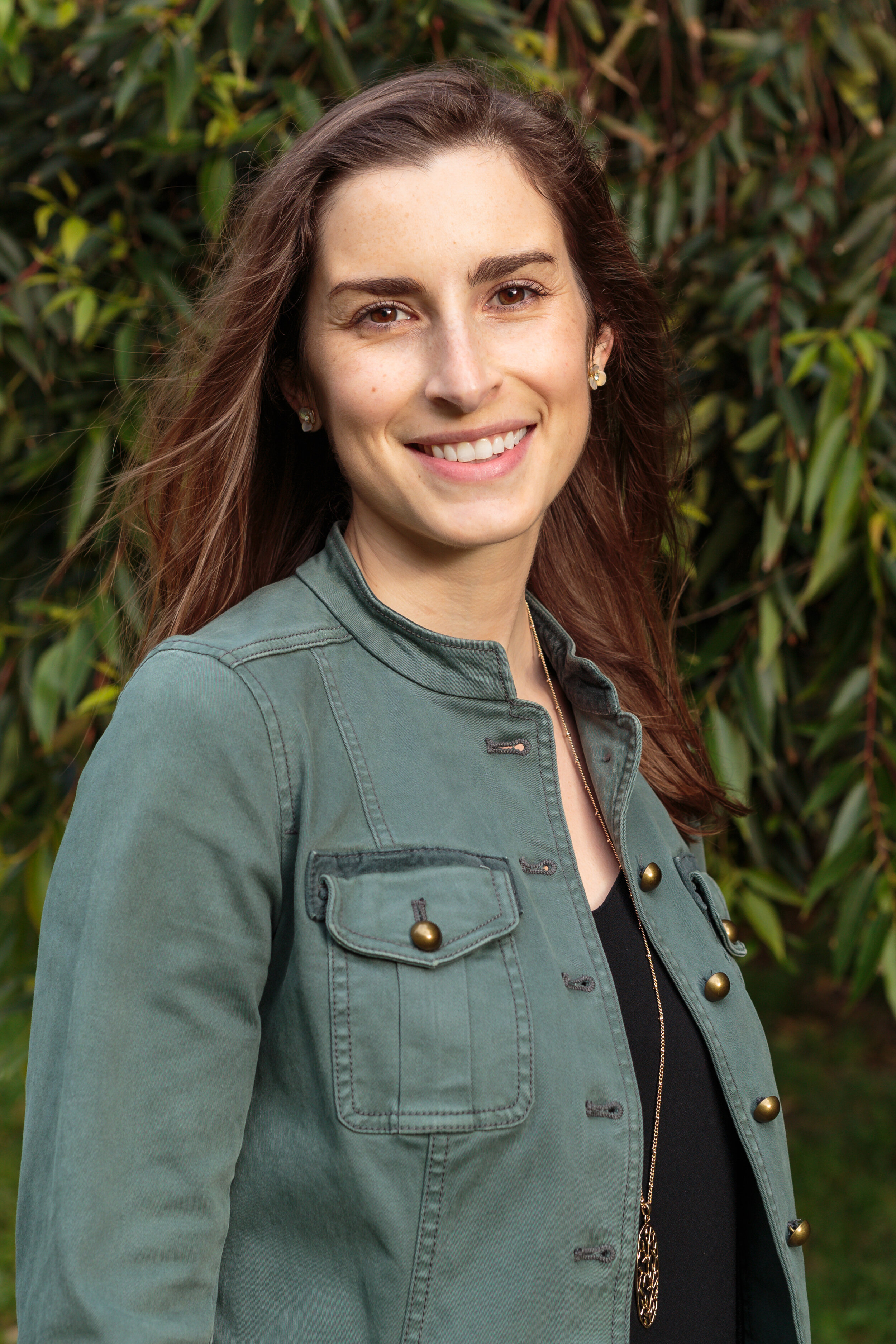

MY Story
MY Story
I’m Sophie Egan, an author and leader at the intersection of food, health, and climate. My second book is How to Be a Conscious Eater: Making Food Choices That Are Good for You, Others, and the Planet (Workman, 2020). This radically practical guide offers bottom-line answers to the most top-of-mind questions about what to eat.
I am also the founder of Full Table Solutions, a consulting practice that’s a catalyst for food systems transformation. My portfolio is centered around what I call The Defining Decade Project: a concerted effort to address the urgent need for climate action by 2030—and harnessing the positive, powerful potential contributions from food consumption and production.
For over five years, I served as the Director of Health and Sustainability Leadership and Editorial Director for the Strategic Initiatives Group at The Culinary Institute of America. In that role, I led nationwide movements to help restaurant chains, foodservice companies, K-12 school districts, and institutions make positive changes to their menus and sourcing—from phasing out antibiotics in the meat supply to boosting the appeal of vegetables. My work has helped improve millions of meals served each day. I am honored to continue working on behalf of the CIA, in partnership with Stanford University, as co-director of a groundbreaking initiative called the Menus of Change University Research Collaborative. Our network of 70 colleges and universities uses campus dining halls as living laboratories for behavior change. Together, this collaboration of forward-thinking scholars, foodservice leaders, executive chefs, and administrators for colleges and universities is accelerating efforts to move people toward healthier, more sustainable, and delicious foods using evidence-based research, education, and innovation.
My first book, Devoured: How What We Eat Defines Who We Are (William Morrow/HarperCollins, 2016), was a journey into the American food psyche. My writing has been published in The Washington Post, Time, The Wall Street Journal, Bon Appétit, EatingWell, WIRED, Edible San Francisco, and The New York Times, where I am a contributor to the Well blog.
Born and raised in Seattle, I am a proud Pacific Northwesterner and lover of the outdoors. In fourth grade, my family and I lived on a farm in a small town in Tuscany. My brother and I attended the local public school, where we learned to speak Italian. Ever since living in Italy—and the epiphany that chicken nuggets came from actual chickens like the ones on our farm—I have been fascinated by food and custom. A decade later, I studied for a semester at Università di Bologna. I took a course there on the cultural history of nutrition, and it taught me everything from medieval feast decorum to the evolution of the fork.
As an undergrad at Stanford, I studied history and math, competed on the triathlon team, and managed a student dining hall. I spent the next few years after college writing and researching stories for Sunset magazine. Along with working on The Sunset Cookbook and The One-Block Feast book, I accepted the grueling task of adventuring around the American West to write about food.
In 2014, I completed my Master of Public Health in Health and Social Behavior at UC Berkeley, where I studied food systems, food innovation, and food writing under Michael Pollan. I was also a Fellow at the UC Berkeley Center for Health Leadership. Two years later, I was named one of the UC Global Food Initiative's 30 Under 30.
A firm believer in lifelong learning, in 2018 I completed the Executive Education for Sustainability Leadership program at Harvard's Center for Climate, Health, and the Global Environment. I also returned to Stanford, this time as a lecturer in the Earth Systems Program, where I co-taught a paced education course cultivating the next generation of food systems leaders.
Then, in 2019 came a whole new type of education: learning on the job as my husband and I welcomed twin baby boys to our lives. Watching them discover the joy of food and its boundless diversity has been one of the greatest pleasures of my life. I wake up excited to introduce them to new flavors and ingredients, new herbs and spices, new textures and concepts (up next: kelp burgers!). But I go to sleep worrying about whether I’ve exposed them to pesticides by choosing the local peaches over the organic peaches, how much grass vs grain the cows that produced their string cheese ate, and whether I should buy string cheese at all, to avoid all the plastic wrap that could accumulate over the next decade they’re under my roof.
It was the moment I brought two children into the world that once abstract notions of “sustainability” and “natural resources” took on real meaning for me: Long after I’m gone, will my kids, and their kids, and their kids’ kids have clean air to breathe? Safe water to drink? Enough food to eat? Will there be forests so thick and so high they hold their heads back, mouths agape, beholding with wonder? In the face of these daunting questions, what I find so energizing is that collectively, we can each make a difference through the foods we eat. Small steps add up. That’s why I wrote How to Be a Conscious Eater: to help you make food choices you can feel good about. You don’t have to do everything all at once or turn your life upside down. Just begin. I’ll be right there in the trenches with you.

